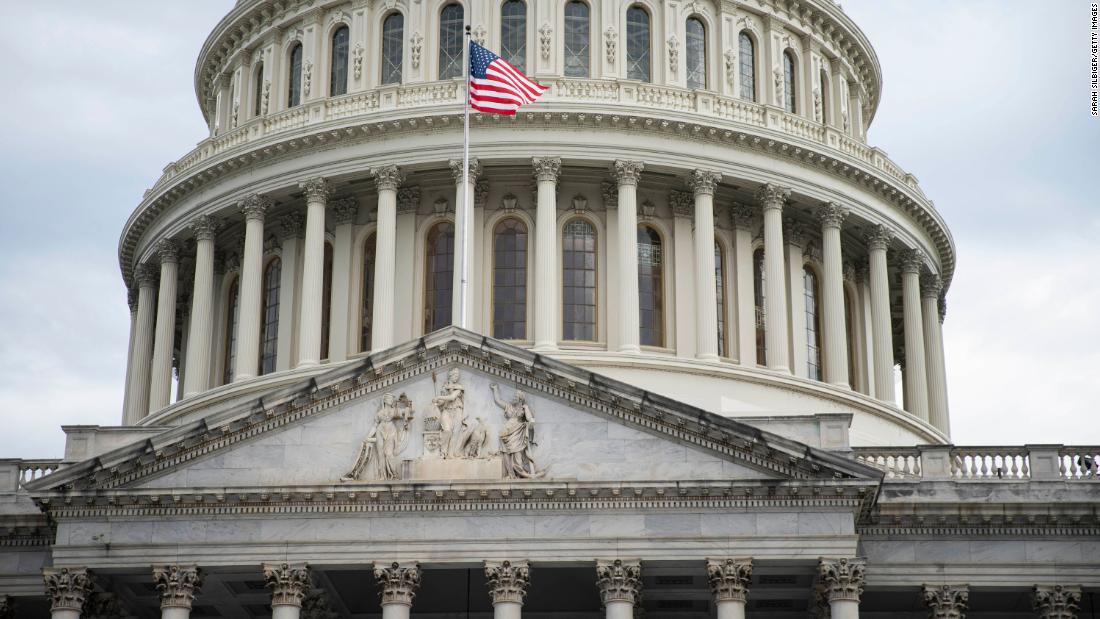A podcast I like had a show about monopolies, tech, and anti-trust measures. Cory Doctorow was interviewed about recent executive actions taken by the Biden admin. It was really interesting. And, for them that like t----, he was mentioned as having spoken of breaking up some monopolies.
Quoting from a small part of the interview:
"For examples of some of the impacts of our present day system: GM tells the copyright office you don't own your car. Your car software belongs to GM. It can't be sold. It's only licensed. The licensing terms prohibit you fixing your own car. Doctorow says, every class of goods is in on this. It isn't just about extracting money from you for the repair, although that's a big part of it. It's also making sure that you only buy original, non-refurbished parts for domestic consumption. Another example: Apple blocks Apple parts being shipped from other parts of the world at the border as trademark violations. They put tiny, microscopic apples on parts that are never shown so that they can use trademark law to block these at the border so that refurbishers can't get access to them because they only sell parts to people that opt into their authorized service program. If you just want to be an independent iPhone repairer, you have to get your parts from somewhere else. They block their own parts as counterfeit. They can charge you extra for parts. They can decide when your device is no longer eligible to be repaired. While picking our pockets, it also affects the planet through increased trash. Similar restrictions apply to machinery from John Deere. Farmers, who traditionally have repaired their own machinery, can no longer do that. Things have software locks and it's illegal to break the software locks. Nobody's allowed to do third party service on them. You're paying for the product and you're the product.
"The thing that determines whether you're going to be the product is not whether you pay or you don't pay. It's whether the company is afraid that they'll get in trouble. They'll lose your business. They'll get hit with a lawsuit. That there'll be some government enforcement if they treat you as the product. If they have something to fear, they'll respect you. And, if they know you have no where to go and you're locked in? There's no reason they're going to treat you well.
"There is legislation that is working it's way through Congress and Joe Biden's executive order address this. For example, the 'right to repair'. The FTC sat down a couple of decades ago and decided to not use its enforcement powers any more. The first order of business for Lena Kahn was to sit down and give them back. The son of Robert Bork (the architect of modern monopoly theory) started howling. The fact that we are now living in a world with 5 publishers and 4 talent agencies and 3 record labels and 2 media companies and 1 theater chain is fine! The world doesn't need more than 1 company that makes eye glasses. The fact that Luxottica owns every eye glass brand and the largest lens maker and every high street retail store you've ever heard of... that's fine. And, if the prices have gone up a thousand percent over the last decade? It has nothing to do with Bork's theories that let one company corner the market on your right to see stuff."
Anyway. Many people didn't expect Biden to address these issues and they are surprised. Here are some links to some articles on the topic:
Biden's Antitrust Team Signals a Big Swing at Corporate Titans (NYTimes, 7.24.21)
Facebook asks recusal of FTC head in antitrust case decision (WaPo, 7.14.21)
And, there are some bills in congress, which is good, since executive orders can easily be reversed.
Opinion: Don't want the FTC to act on antitrust? Tell Congress to get moving. (WaPo, 7.11.21)

 www.cnbc.com
www.cnbc.com



